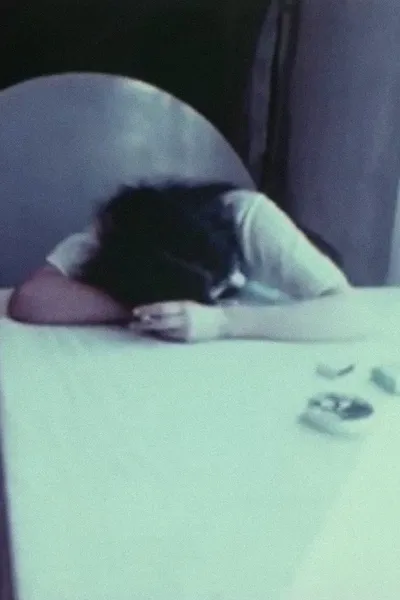Mattijn Seip
Mattijn Seip studied at the Nederlandse Filmacademie in the early 1960s, and was a member of the illustrious generation of Wim Verstappen, Pim de la Parra, Adriaan Ditvoorst, and Nicolai van der Heyde. He made controversial films during that period: IJdijk and Schermerhoorn, both from 1965.
In August of 1968, Seip and Niko Paape co-founded ‘STOFF’, due to their dissatisfaction with the existing subsidy regulations. They demanded more freedom, and wanted to democratize filmmaking. STOFF emerged from a collaboration that also included other filmmakers such as Jos Schoffelen and Seip’s then-partner Barbara Meter. This collaboration was continued in Electric Cinema.
The films that Seip made in this period had a strong structuralist focus; they were films in which the properties of the film medium played the central role. Examples include Double Shutter and After the Colours from 1972.
From 1974 onwards, Seip increasingly began to focus on socially critical films. Together with Meter, he was part of the Polkin collective. In the 1980s, he directed two feature films: the short In de buik van de stad (1983) and the feature film De val van Patricia Haggersmith from 1986.
Known for
Directing


